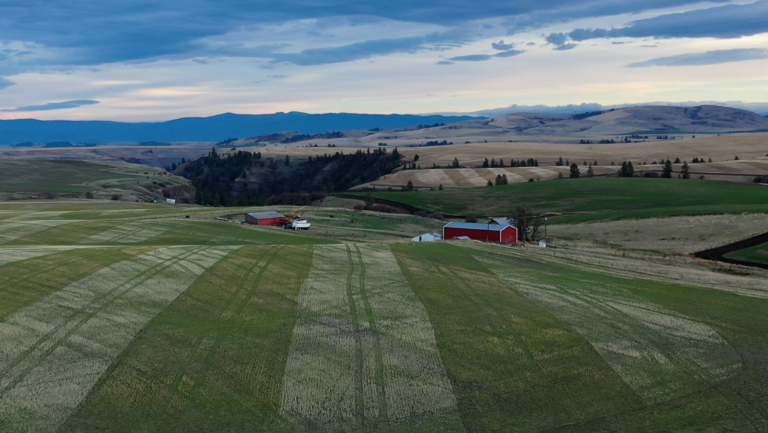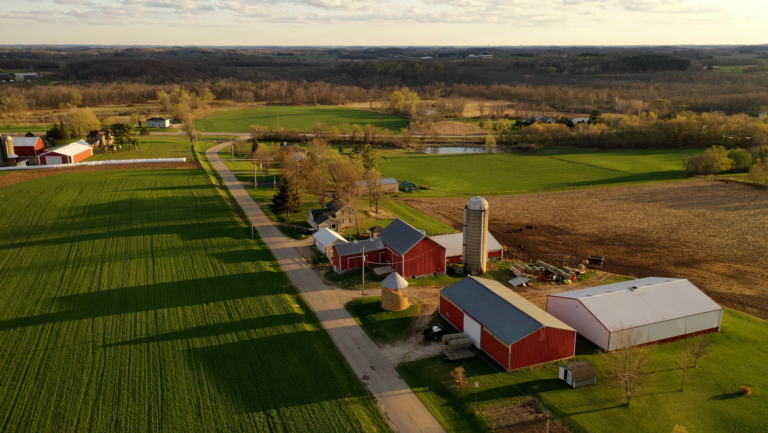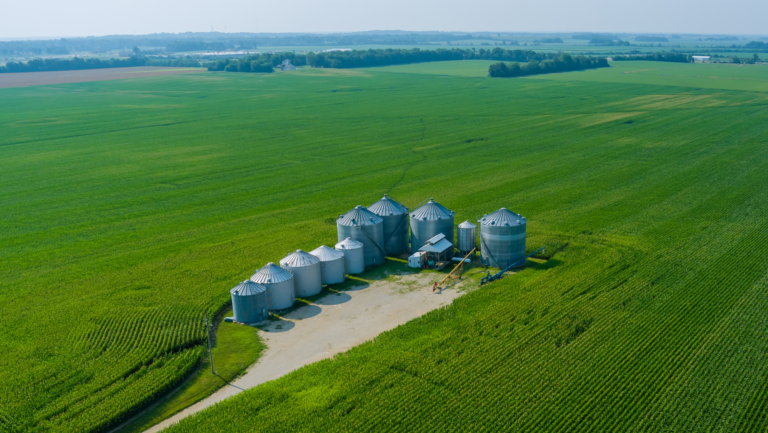Agricultural Education Goes Far Beyond the Classroom
As students and teachers head back to school, now is the perfect time to discuss the importance of agricultural education
School is back in session and so is agricultural education. Many students will participate in The National FFA Organization (FFA) and 4-H – two nationwide programs that provide young people the chance to interact with agriculture in a focused and guided format. FFA bases their ag education programs on a three-component model.
- Classroom/laboratory instruction;
- Supervised Agricultural Experience programs (SAE programs); and
- Student leadership organizations.
This model of agricultural education provides students opportunities for leadership development, personal growth, and career success. Whether it is raising an animal for a competition, putting together a topic for a speech contest, or traveling away from home, these ag education programs offer a wealth of experience for our youth in agriculture. These programs target agricultural enthusiasts, as well as students who don’t have an agricultural background.
Texas, for example, has more than 1,000 active FFA chapters, and the Texas 4-H is the state’s largest youth development program, reaching more than 550,000 young people each year. Georgia also has thriving ag education programs including the Georgia FFA, which is the third-largest state association in the nation with over 42,000 members in 342 active chapters, and the Georgia 4-H impacts approximately 175,000 youth annually.
Many young people also connect to agricultural education through the Farm to School Program, which helps place local produce in school cafeterias utilizing a partner network that stretches across the nation. To date, it’s estimated that 42,587 schools in the U.S. – roughly 42 percent of all the schools in the country – participate in the program, providing local food to over 23.6 million students.
Ag is reaching college students too, with college-level agricultural programs taking the principles of FFA and 4-H to the next level, offering opportunities for professional development in ag leadership, service, and social engagement.
Ag leadership opportunities are knocking, and college-level ag education programs help the next generation answer. At AgAmerica, we’re proud to support agriculture and ag education in its many forms, including our intern program. Meet our growing team.
Photo courtesy of The National FFA Organization






